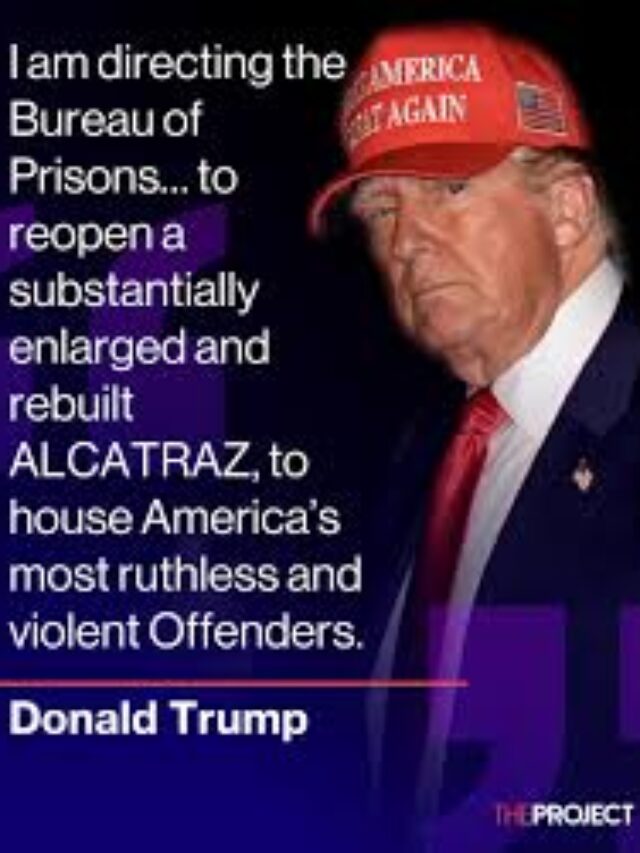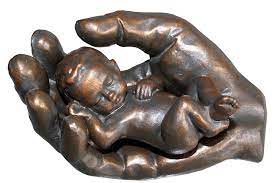Introduction
50 State USA Check Bounce Laws | A bounced check, also known as a “bad check,” can result in serious consequences in the United States. While it may seem like a minor financial hiccup, writing a check without sufficient funds can lead to criminal charges, civil penalties, or both — depending on state laws. In this blog, we break down check bouncing laws in all 50 U.S. states and help you understand your rights and responsibilities.

What Is a Bounced Check?
A check is said to “bounce” when the account it is drawn on does not have sufficient funds. This often triggers an NSF (Non-Sufficient Funds) fee and possibly legal action, depending on the severity and the state law.
Federal Guidelines vs. State Laws
While federal law does not specifically address check bouncing, the Uniform Commercial Code (UCC) provides a framework for how checks are processed. However, each state has its own rules and penalties for bounced checks.
Check Bouncing Penalties by State
Below is a quick reference guide outlining penalties for bounced checks in each U.S. state:
Eastern U.S. States
| State | Penalties |
|---|---|
| New York | Up to 1 year in jail, fine up to $1,000 |
| Massachusetts | Civil penalties, up to 2.5 years for fraud |
| Florida | 1st-degree misdemeanor, up to 1 year in jail |
| Pennsylvania | Summary offense to 3rd-degree felony |
| Georgia | Up to 5 years for fraudulent checks |
Midwestern U.S. States
| State | Penalties |
|---|---|
| Illinois | Misdemeanor for under $1500, felony above |
| Ohio | Fines, restitution, jail up to 1 year |
| Michigan | Civil fines, jail time for repeated offenses |
| Indiana | Felony over $750, up to 2.5 years in prison |
| Wisconsin | Up to 6 years imprisonment for repeated offenses |
Southern U.S. States
| State | Penalties |
|---|---|
| Texas | Civil liability, possible jail for intent to defraud |
| Alabama | Misdemeanor or felony depending on amount |
| Louisiana | Fine up to $500 or jail up to 6 months |
| Kentucky | Class A misdemeanor or felony |
| Tennessee | Jail up to 11 months, fine up to $2,500 |
Western U.S. States
| State | Penalties |
|---|---|
| California | Misdemeanor under $950, felony over $950 |
| Washington | Up to 1 year in jail, $5,000 fine |
| Oregon | Civil penalties, prosecution for fraud |
| Nevada | Felony over $1,200, up to 4 years |
| Arizona | Up to 6 months jail for 1st offense |
Other States & Territories
| State / Territory | Penalties |
|---|---|
| Alaska | Misdemeanor under $500, felony above |
| Hawaii | Civil penalties + jail for repeat offenders |
| D.C. | Jail up to 1 year, fine up to $1,000 |
| Puerto Rico | Governed by local law, can include prison |
| Guam / Virgin Islands | Local laws; typically follow U.S. guidelines |
Common Legal Consequences
-
Criminal charges: Misdemeanor or felony based on amount and intent
-
Civil lawsuits: Pay double or triple the amount
-
Bank penalties: NSF fees ($25–$50), overdraft protection termination
-
Loss of privileges: Revoked checking accounts or credit score impact
How to Avoid Bounced Checks
-
Track your account balance regularly
-
Use overdraft protection
-
Avoid post-dated checks
-
Use certified checks or money orders for large sums
-
Communicate with the payee immediately if an issue arises
What to Do If You Receive a Bounced Check
-
Notify the issuer immediately in writing.
-
Allow a grace period (usually 7–14 days).
-
Send a formal demand letter if unpaid.
-
Pursue civil court or file a criminal complaint if necessary.
Legal Help and Small Claims Court
Many states allow the recipient of a bad check to sue in small claims court. Amount limits vary by state (e.g., $10,000 in California, $5,000 in Texas). Legal counsel can also help assess whether criminal action is possible.
Conclusion
Check bouncing laws in the United States vary widely by state, but the consequences are often serious. Whether you’re writing a check or receiving one, understanding your state’s specific rules is key to avoiding legal trouble and financial loss. Bookmark this guide and consult a lawyer for complex situations.
Tags
-
#CheckBounceLaws
-
#BouncedCheckUSA
-
#FinancialLegalAdvice
-
#BadCheckPenalties
-
#SmallClaimsCourt
-
#StateLawGuide
-
#NSFFees
Sources of Information
-
[State Government Websites – Attorney General & Legislature]
-
[Bank of America, Wells Fargo – NSF Policies]












